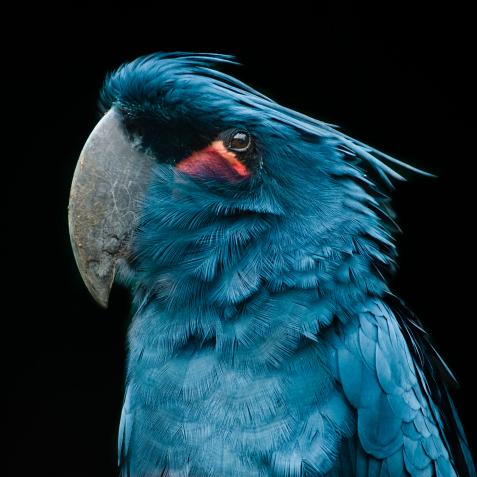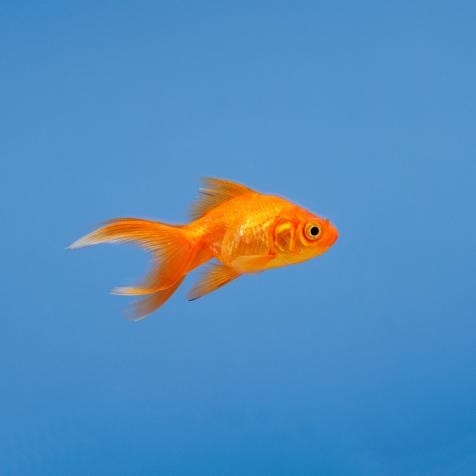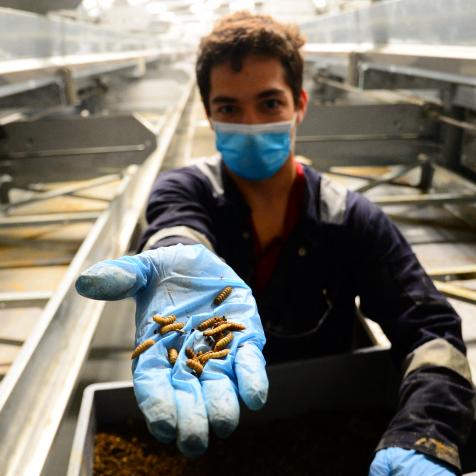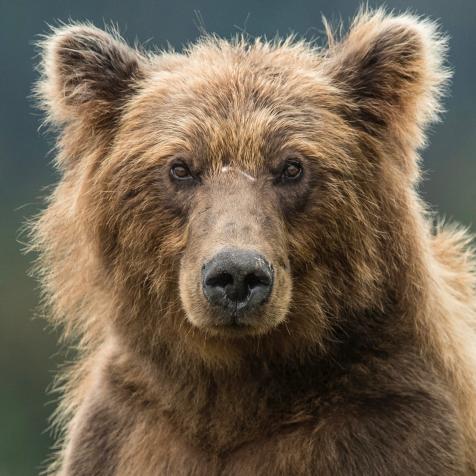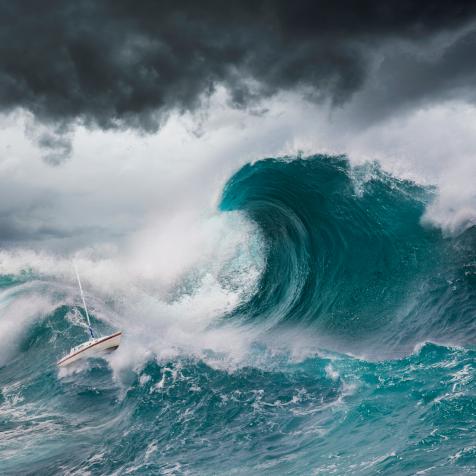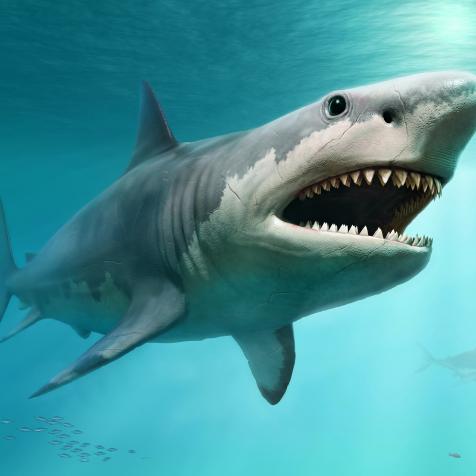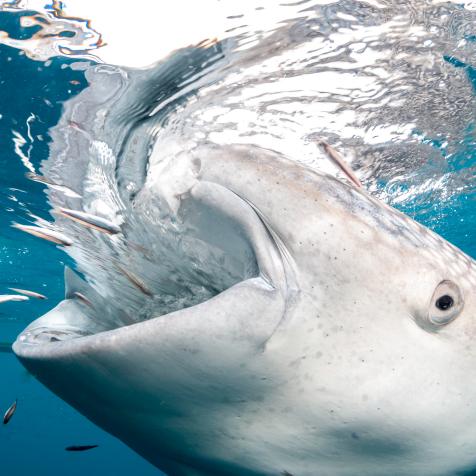
Addison Hill
Inspiring Women in Science
Dr. Lisa Hoopes, Director of Research and Nutrition at Georgia Aquarium shares her experiences in the field and what International Women and Girls in Science Day means to her.
When you think about where you feel relaxed and happy, what do you imagine? For me, it’s being submerged in the tropical warm waters of the Bahamas – surrounded by sharks.
I have taken a few trips to Bimini, Bahamas with our all-female research team from Georgia Aquarium, where we study several species of sharks including tigers, blacktips, and the enormous great hammerhead shark. On each of these trips, we collect biological samples, like blood, to learn more about their health.
One of our main focuses is the effects of microplastics in shark species and how that affects their overall health, and subsequently, the health of the ocean. Sharks are apex predators that keep our ocean’s food chain in check. Without sharks, our entire ocean ecosystem would fall dangerously off-kilter.
Studying sharks is incredible, but performing this work with talented, intelligent, and courageous fellow female scientists makes it even more awesome. With less than 30 percent of the world’s researchers being women, achieving success in this field has many obstacles. Women in the sciences need advocates, champions, and positive role models.
Meet the Female Research Team at Georgia Aquarium 10 Photos
The United Nations adopted the International Day of Women and Girls in Science to promote gender equity and equal access in the scientific community. Join Discovery in celebrating the scientific contributions of the women researchers at Georgia Aquarium and all over the world.
International Women and Girls in Science Day invites us to share our experiences to reveal the challenges – and successes – we’ve had in our chosen field. We should all share our perspectives and spotlight accomplishments. Now more than ever before, a growing number of female scientists are doing exciting, cutting-edge science, ranging from ecology and paleontology to physics and engineering and all disciplines in between.
A few years ago, I was the lead scientist on a great white shark expedition with another female researcher. It was the first time this expedition was led by women, with a mostly female science crew. Not only was this a tremendous personal achievement – it was a reason for hope and optimism for the future, with more women pursuing scientific fields and choosing to work with one of the planet’s most feared creatures.
When girls see women succeed in scientific professions, they can imagine themselves in that role. At Georgia Aquarium, I work to be visible alongside our all-female research team, to show future scientists and marine enthusiasts what is possible.











